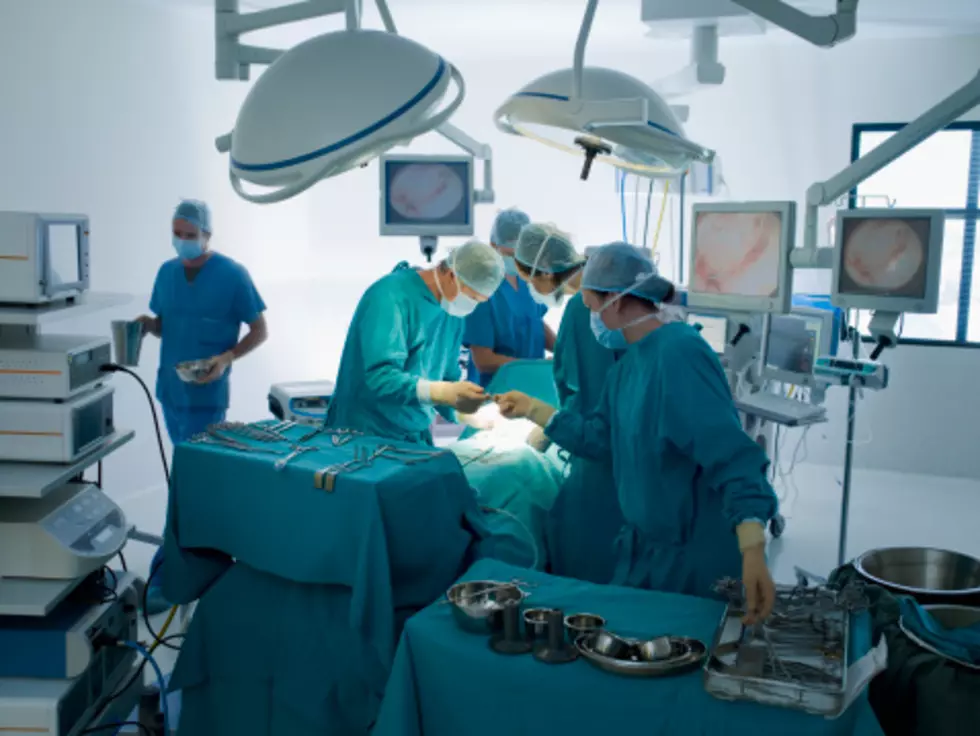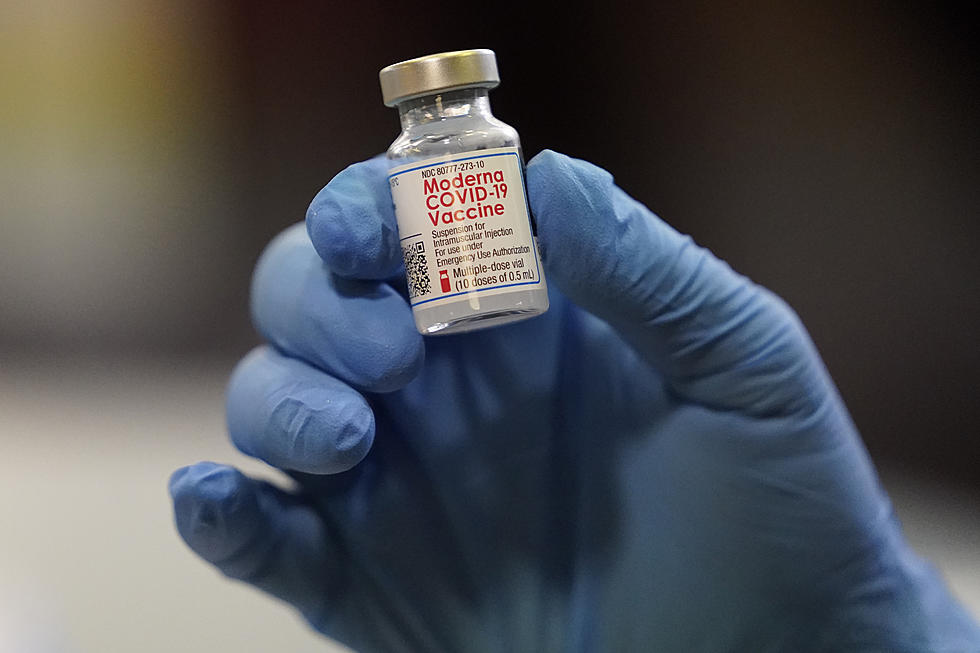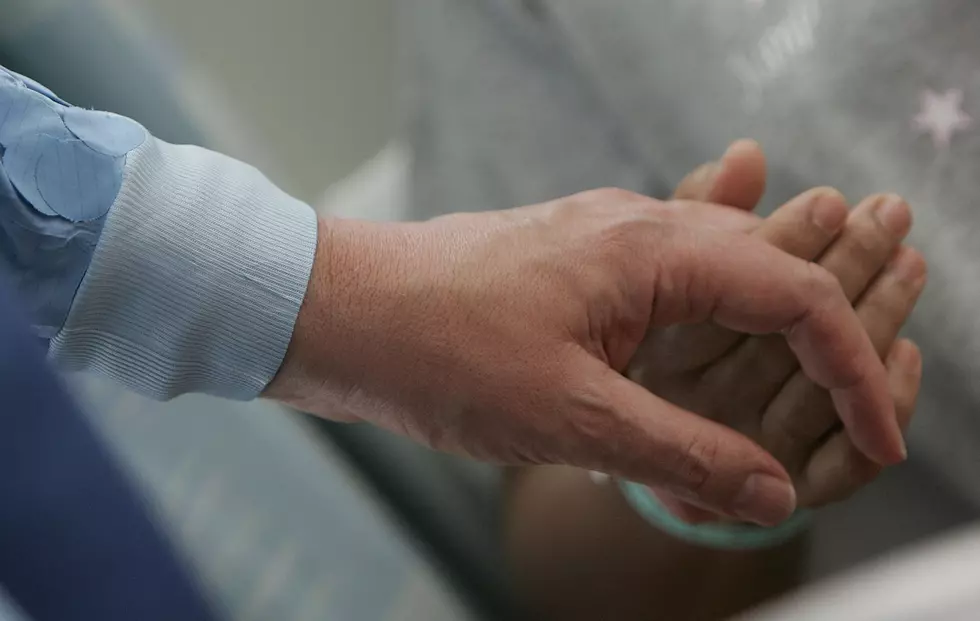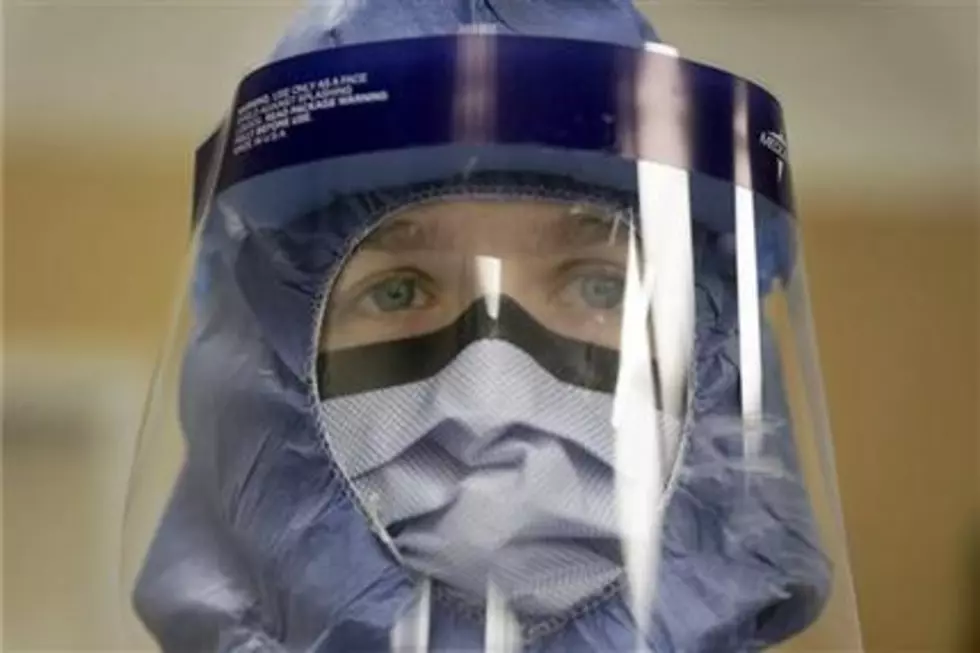
NJ Hospitals Provide $2.6 Billion to Community
Beyond the healthcare services given to patients, New Jersey hospitals provided $2.58 billion in added benefits to their communities in 2012 according to a new report from the New Jersey Hospital Association.
The additional benefits include the value of free and discounted care for the poor, uninsured and senior citizens, community health offerings like immunization clinics and other wellness programs, education for future healthcare professionals, medical research and additional programs.
"Hospitals' contributions in both economic and community benefits make them an essential part of the Garden State's well-being. It is a responsibility and commitment that they proudly embrace," said Betsy Ryan, president and CEO of NJHA, in a news release Thursday.
The community benefits in the New Jersey Hospitals: Community Benefit Report 2013 include:
- $2 billion in unpaid costs of patient care, which includes $623 million in unreimbursed charity care services for the working poor, $290 million in unpaid care for Medicare patients and $111 million in unpaid care for Medicaid patients. This amount also includes $1 billion in uncollectable costs for treatment, also known as bad debt.
- $366 million in other community services and programs, many of which go beyond the traditional definition of “healthcare programs.” Hospitals provided over 1,300 such programs in 2012, providing 2.8 million unique “personal encounters.”
- $124 million in health professions education, which includes education, internships, residency programs, scholarships and other programs to prepare the next generation of physicians, nurses and other healthcare professionals. Nearly 124,000 current and future healthcare workers were served in these programs.
- $66 million in community health improvement services, which include programs such as health fairs, health screenings and immunization clinics. About 6,105 programs were held statewide, providing more than 14 million unique “personal encounters” between hospitals and community members.
Data for the report was collected from 57 of the state’s 73 acute care hospitals through a rigorous survey process.
More From New Jersey 101.5 FM









